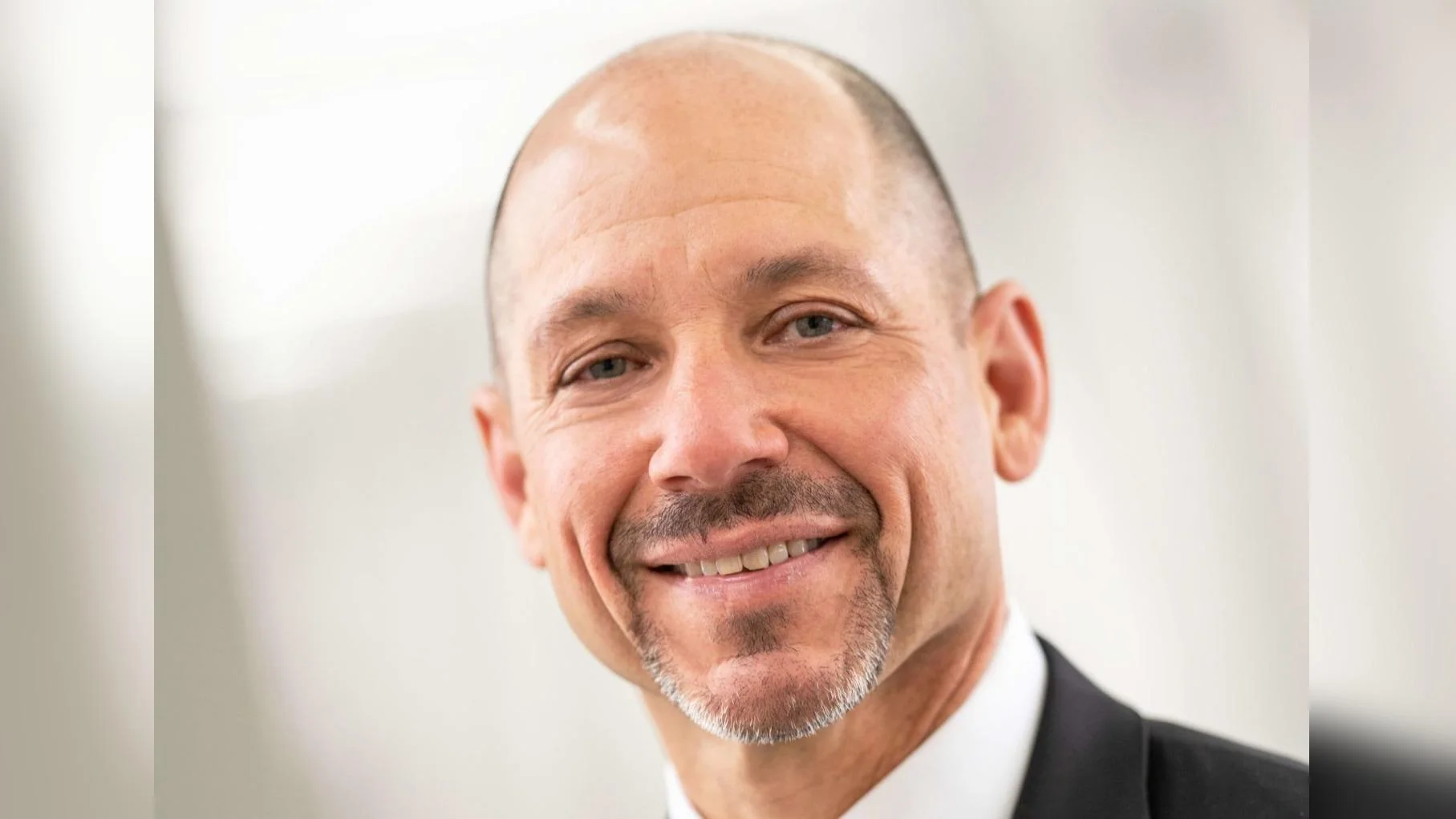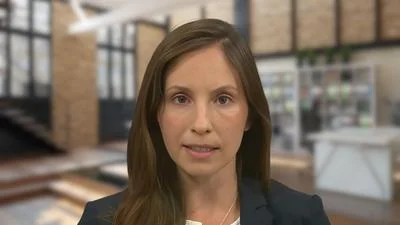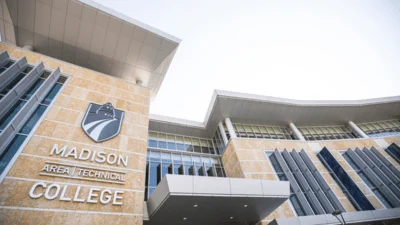Alan Kaplan MD CEO | U. of Wisconsin Hospital and Clinics
Alan Kaplan MD CEO | U. of Wisconsin Hospital and Clinics
Improvements in cancer treatments have increased survival rates, but many patients continue to experience physical and emotional side effects after their treatment. Dr. Kim Dittus, a breast cancer medical oncologist specializing in integrative oncology at UW Health | Carbone Cancer Center, highlighted the challenges: “Cancer and cancer therapy is hard on people. We’re giving people treatments that take a toll on mind and body.”
To address these challenges, the Carbone Cancer Center has introduced a range of supportive services designed to assist with the mental, physical, and social wellbeing of patients during their cancer journey. Dr. Dittus and Tanya Kroll, program director for Oncology Supportive Services and Survivorship Program at UW Health, are working to make these services more accessible by educating healthcare providers and streamlining patient access.
“Having a collaborative team approach is key,” said Dittus.
Support services at Carbone cover various needs including management of treatment side effects like pain and nausea, nutrition and fitness guidance, rehabilitation therapies, sexual health support, fertility preservation options, genetic counseling for those at higher risk of cancer, as well as mental health care through resources such as the Cancer Psychology Clinic.
Dittus emphasized the importance of evidence-based supportive care: “Support services and survivorship services aren’t just nice things to have — it makes a difference in patients’ quality of life, but it can also make a difference in patients’ response to therapies, their survival and their risks of other health issues.”
A dedicated webpage now connects patients to available support services within UW Health’s system along with community resources and financial assistance information. The center also provides mindfulness programs for stress reduction and social work teams for practical barriers like transportation or financial difficulties.
The need for such comprehensive support continues to grow as more people live longer after diagnosis due to advances in care. Federal data indicates there were 7.9 million cancer survivors in the United States in 2022; projections suggest this number will rise to 26 million by 2040 (https://www.cancer.gov/about-cancer/understanding/statistics).
Kroll pointed out the importance of raising awareness about available services: “A lot of it is going to take awareness of our services, both internally and externally.”
Patient education plays an important role from diagnosis onward. Intake teams help guide new patients through assessments focused on mental wellbeing or access issues while offering navigation nurses as needed.
Kroll added that ongoing check-ins are being considered so that support remains accessible as patient needs change over time: “We want to make the tools simple and seamless, and we want those assessments to happen periodically since needs change over time,” she said. “We’re still assessing how best to do that, and at the right time intervals so we’re not constantly pinging patients.”
Plans include expanding exercise opportunities for survivors as well as developing more post-treatment programs targeted toward individuals with high levels of need.
Another area under development is "prehabilitation," which aims to improve physical wellness before surgery for those receiving chemotherapy or radiation beforehand. Dittus explained: “What we’re finding is that if you are able to keep people more active, you will decrease surgical side effects and patients bounce back faster.”
Patients are encouraged to check with UW Health regarding any fees associated with these support offerings.






 Alerts Sign-up
Alerts Sign-up